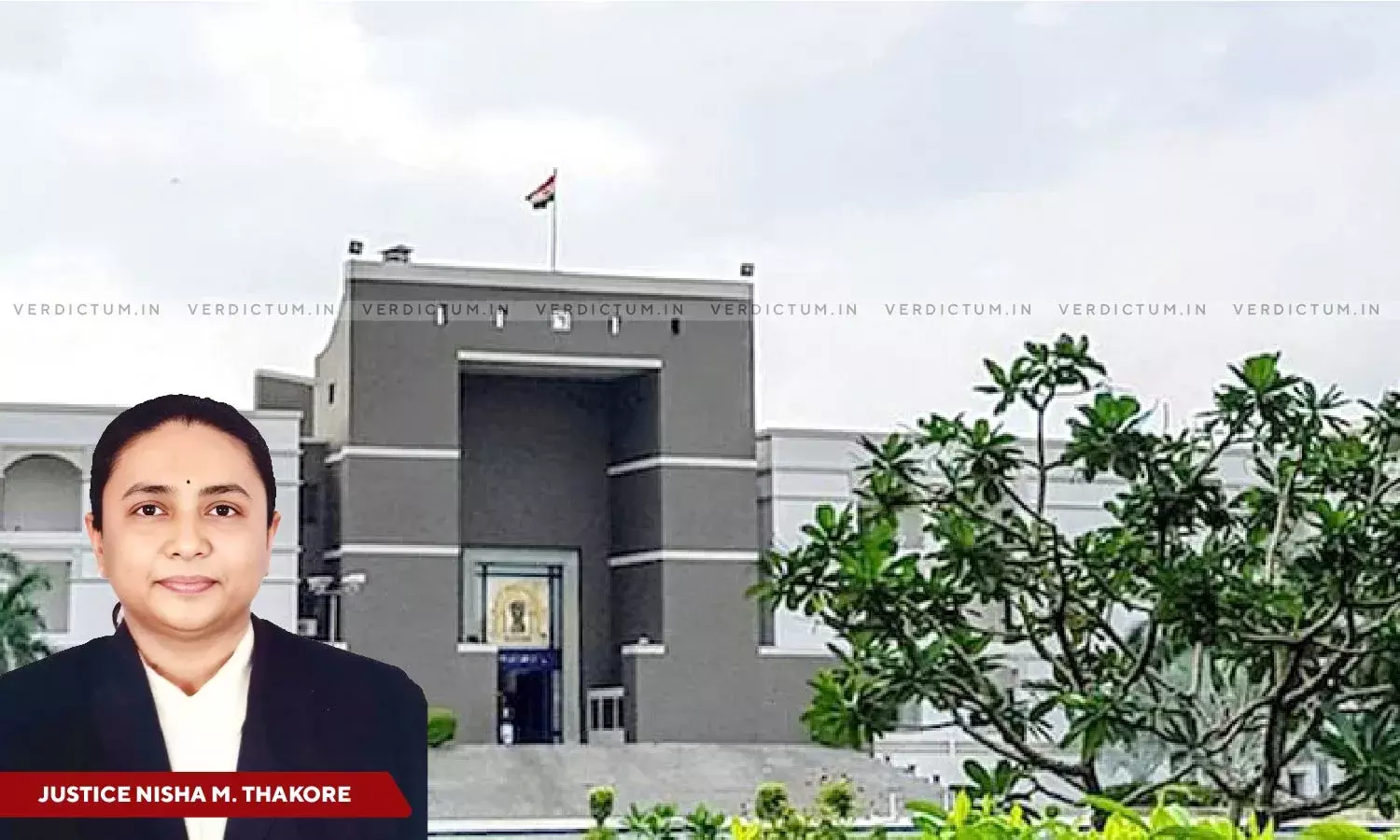2002 Godhra Train Burning Case| Gujarat High Court Grants Parole Of 15 Days To Convict Serving Life Sentence
The Gujarat High Court has granted parole of fifteen days to a convict serving a life sentence for the 2002 Godhra Train Burning case.
A Single Bench of Justice Nisha M. Thakore directed, “Having held so, taking into consideration the Jail record of the present convict and having verified the cause raised in the petition, the present application requires consideration. The petitioner is hereby directed to be released on parole leave for period of 15 days from the date of his actual release, on usual terms and conditions as may be deemed fit by the authorities.”
The Bench said that the notification issued by the State under Section 268 of the Code of Criminal Procedure, in case of petitioner, shall remain in abeyance, during the aforesaid period of parole leave.
Advocate M.S. Bhadki appeared for the petitioner/convict while Public Prosecutor appeared for the respondent/State.
Factual Background -
A petition was filed under Article 226 read with Articles 14 and 21 of the Constitution by the wife of the convict seeking his release on parole leave for a period of 60 days or for appropriate days from the date of release on any terms and conditions imposed by the Court. The petitioner was convicted for the offence punishable under Sections 143, 147, 148, 302, 307, 323, 324, 325, 326, 322, 395, 397, 435, 186, 188 read with Section 120(B), 149, 153(A) of the IPC as well as under Sections 141, 150, 151, and 152 of Indian Railways Act and Section 3 and 5 of Prevention of Damage to the Public Property Act and under Section 135(1) of Bombay Police Act.
The petitioner was convicted and awarded life imprisonment by the Additional Sessions Judge in 2011. The petitioner had approached the High Court in appeal but the same was dismissed in 2017 confirming the order of conviction and sentence of life imprisonment. Being aggrieved and dissatisfied, the petitioner approached the Apex Court by way of a Special Leave Petition, and pending the said appeal, he applied for bail which was pending consideration.
The High Court after hearing the contentions of the counsel observed, “… this Court is of the view that the writ court under article 226 of the Constitution has jurisdiction to examine such applications seeking parole leave. … grant of parole is not treated as suspension of sentence and on the contrary, it has to be read as part of sentence. Thus, in light of the aforesaid expressed provisions and settled legal position, I am of the firm view that the release of prisoner on parole would not amount to suspension of sentence.”
The Court said that it has jurisdiction to entertain the plea under Article 226 of the Constitution which has been filed by the petitioner.
“It is expected of the petitioner that he shall surrender forthwith on expiry of such period of parole leave before the Jail authority”, added the Court.
The Court further noted that the convict shall maintain law and order during the said parole period and shall not get involved in any kind of unlawful act.
Accordingly, the Court allowed the plea and granted parole to the convict.
Cause Title- Hasan Ahmed Charkha @ Lalu Thro Afsa Hasan Lalu v. State of Gujarat (Neutral Citation: 2023:GUJHC:36141)




